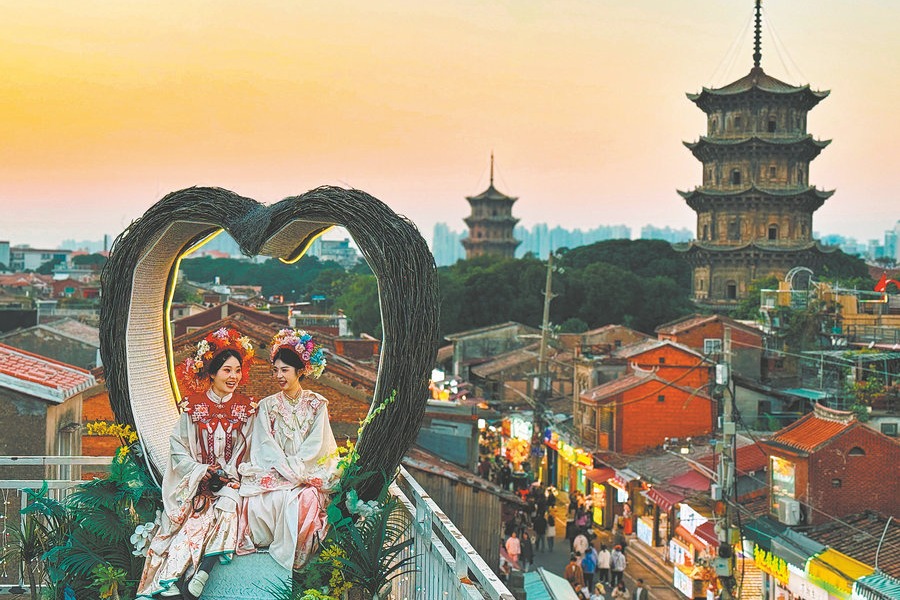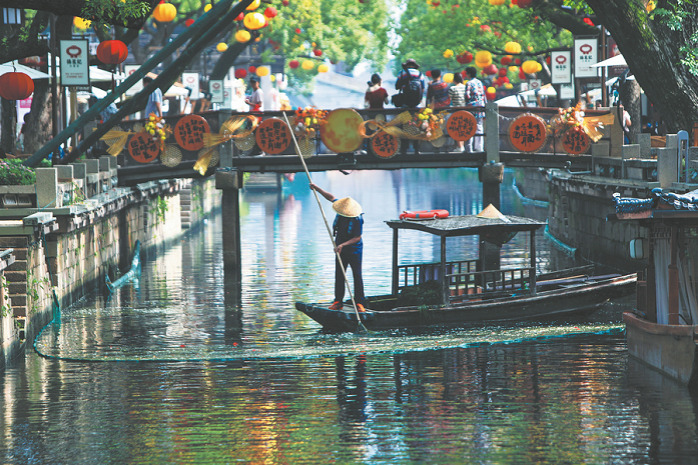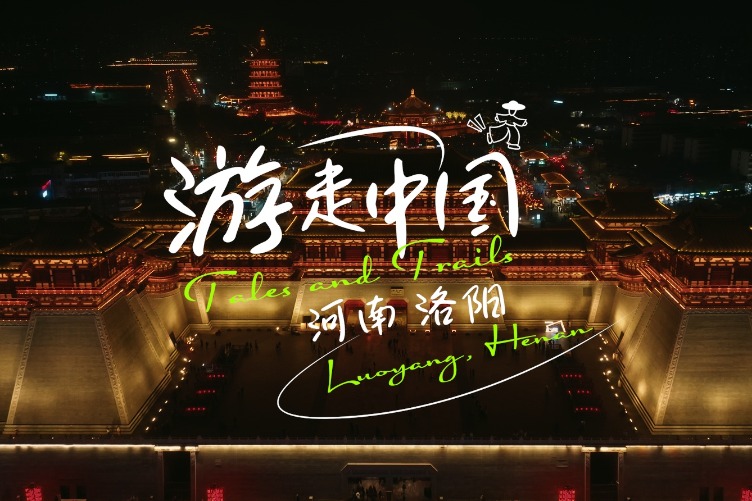A historic tea route flows across time

Deng Zhangyu retraces the stunning path in Yunnan, along which precious leaves were traded.
Southwest China's Yunnan province hosts an intricate and extensive ancient trail, known as the Ancient Tea Horse Road, which was used to transport tea from production areas to the Tibetan region. The sound of copper bells that once echoed along this ancient trail has long faded, but my exploration of the beautiful scenery along this route had just begun.
My first stop was Xishuangbanna, a birthplace of the world's tea trees and the start of the Ancient Tea Horse Road, where much of the traded tea was produced.
Located on the southernmost tip of Yunnan, Xishuangbanna is one of China's best-preserved tropical ecosystems.
Rainforest hiking is popular for visitors to explore its rich biodiversity. I joined a hiking group and set off toward a jungle hidden behind Jinuo Mountain, just a half-hour drive from the prefecture's main city, Jinghong.
Everything in the rainforest was novel to me, from trees as high as skyscrapers that created a canopy blocking out most of the light to various insects that camouflaged themselves so well that I wouldn't have noticed them if my guide hadn't pointed them out.
I encountered a black widow that had just finished spinning its web, a pair of locusts in the midst of mating, a lizard searching for food and a green bamboo snake dozing in a tree. At one point, a river crab attempted to scuttle across my shoe.
However, the tranquillity and peace I felt were just the surface of the rainforest. I found a murder victim — a tall tree with a shallow trunk lying on the ground, a reminder of the law of the jungle, in which everything fights to survive. My guide explained that the tree was killed by other competing trees. The brutality and ingenuity of these plants is something I wouldn't have imagined.
After a three-hour hike, I reached a camp where visitors could take a break with a cup of coffee or tea.
There, I was given the opportunity to climb a 60-meter-high banyan tree using ropes, under the supervision of two professionals. However, I was so exhausted that I chose to sit down and enjoy the tranquillity of the jungle instead.
As dusk fell, it was time to say goodbye to this rainforest, far removed from the hustle and bustle of the city. The Pu'er tea I'd just finished still left a lingering hint of its fragrance on my tongue. My next destination was Pu'er — a city named after the tea variety it produces — just a two-hour train ride away.

































